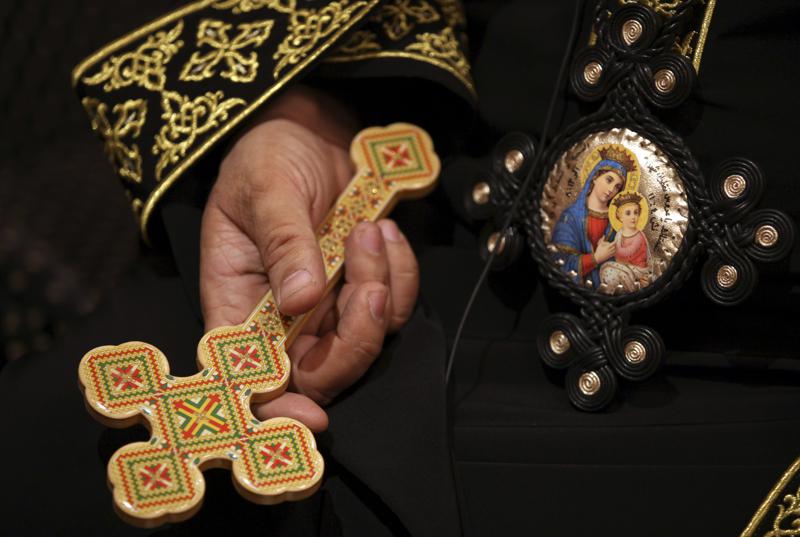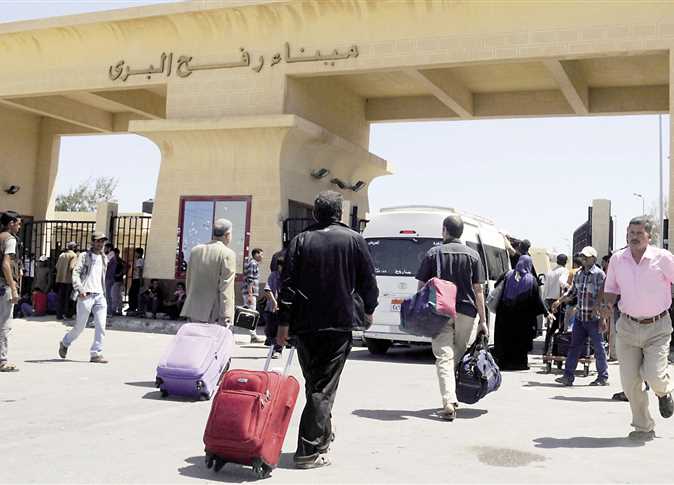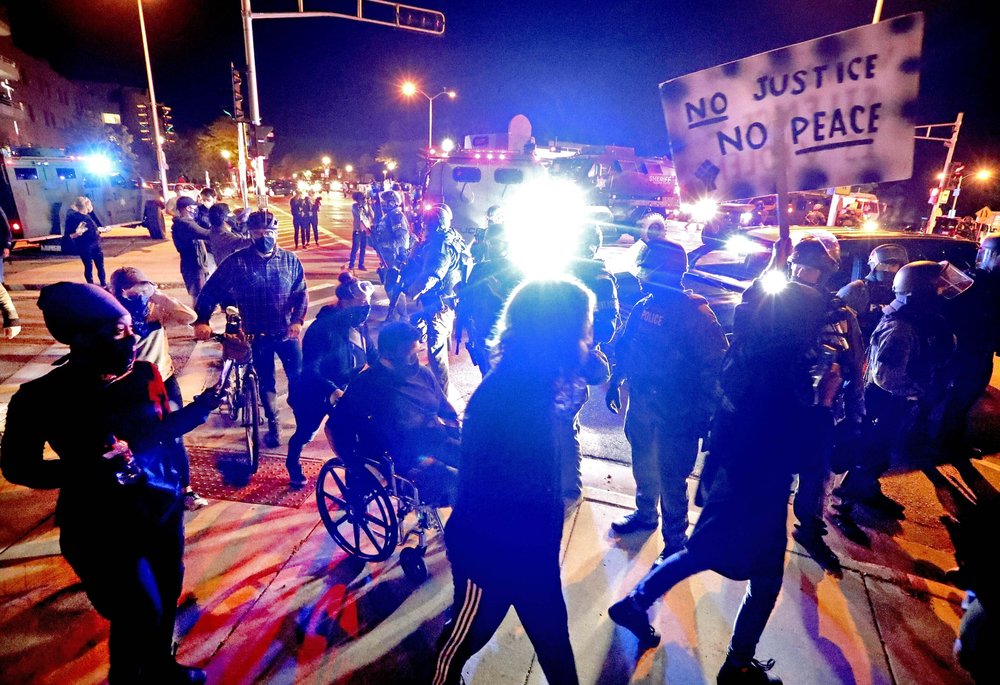Clashes between protesters and security forces in and around Tahrir Square this week gave activists a sobering reminder that the Ministry of Interior has yet to change one of the more troubling departments under its auspices, Central Security Forces (CSF), or the riot police.
Activists accuse the forces of being both unprofessional and incompetent. Critics point to riot police violently engaging protesters and martyrs’ families Tuesday and Wednesday rather than trying to contain the situation as an example.
“They were using tear gas, throwing stones, brandishing swords; it was like we were in a fight with some common thugs who we had a feud with,” said Abdullah Adham, a 22-year-old student protester.
Many eyewitness accounts and videos posted on YouTube confirm that at around 12:30 am Wednesday, at least one CSF officer verbally abused protesters, some of whom were mothers of martyrs.
“We’ll show you! You sons of whores! We’re going to really punish you all for this,” he said.
The Ministry of Health says that at least 1,114 were injured in the clashes.
“Nothing has changed in the methods or mentality of CSF,” said Hossam Bahgat, the executive director of the Egyptian Initiative for Personal Rights. The fact that they feel they have the right to use excessive force is still similar to the Mubarak days, he added.
The majority of low-ranking CSF servicemen are forced into the organization as military conscripts.
They allegedly choose those recruits without college degrees, who must serve three years.
“When they were sorting out the group of conscripts, it seemed like they put all of us illiterates on one side, and the rest on the other,” said Ahmed Salah, a Hurghada seaman who finished his three-year stint with the CSF in mid-March.
Policemen from the now inactive reformist group The Coalition of Police Officers previously told Al-Masry Al-Youm that during former Interior Minister Habib al-Adly’s reign, there was a concerted effort to make sure the Interior Ministry did not employ learned individuals because they were not as easy to manipulate as their less educated counterparts.
“With CSF, it was also a way of enforcing a [class-based] system on top of the existing Ministry of Interior hierarchies,” said Hasan, an eight-year veteran of the South Sinai Police.
Salah describes his three years as a CSF conscript as the most wasted years of his life.
“I didn’t learn anything. Servicemen are just used as slaves for their superiors. I didn’t even learn how to properly fire a weapon,” he exclaimed.
Many of those conscripts were the ones in Tahrir on Tuesday and Wednesday. Bahgat believes that the practice of using the military draft to staff the riot police force should be abolished.
“You can’t ask young men who should be enlisted with the military, to instead be put in riot gear and asked to interact with civilians,” he said.
The call to purify the Ministry of Interior has long been a demand of the revolutionaries.
Despite disbanding the dreaded State Security Investigative Services in favor of the supposedly reformed CSF and allegedly ridding it of its role in terrorizing citizens into subservience, many of the allies of former Interior Minister, and now convicted criminal, Adly still remain in power and to many, the repressive methods of the security forces appear the same.
The general consensus among the police reform coalition is that, while interim Interior Minister Mansour al-Essawy may have good intentions, his proposals for change have mostly been piecemeal and not indicative of any real, comprehensive reform.
Bahgat also accuses the ministry of being involved in more stunts to improve its image, than genuine efforts to reform from the inside.
Interior Ministry spokesman General Marawan Moustafa was not available to comment on this story.
Bahgat said the first step the Ministry of Interior must take is to announce definite plans for a complete overhaul of the CSF. This should also be accompanied with a plan, or at least acknowledgment of the type and specific steps of reform, the ministry will need to undergo.
The next few months, and potentially years, will undoubtedly see demonstrations, protests, elections and campaign rallies. It will be critical, if the events of last week are any indication, for security forces to improve their performance.
“We need the reassurance that the CSF, who will be present at all of these events, will be undergoing some kind of reform to help them control crowds better, and less brutally when things get out of hand,” Bahgat said.




